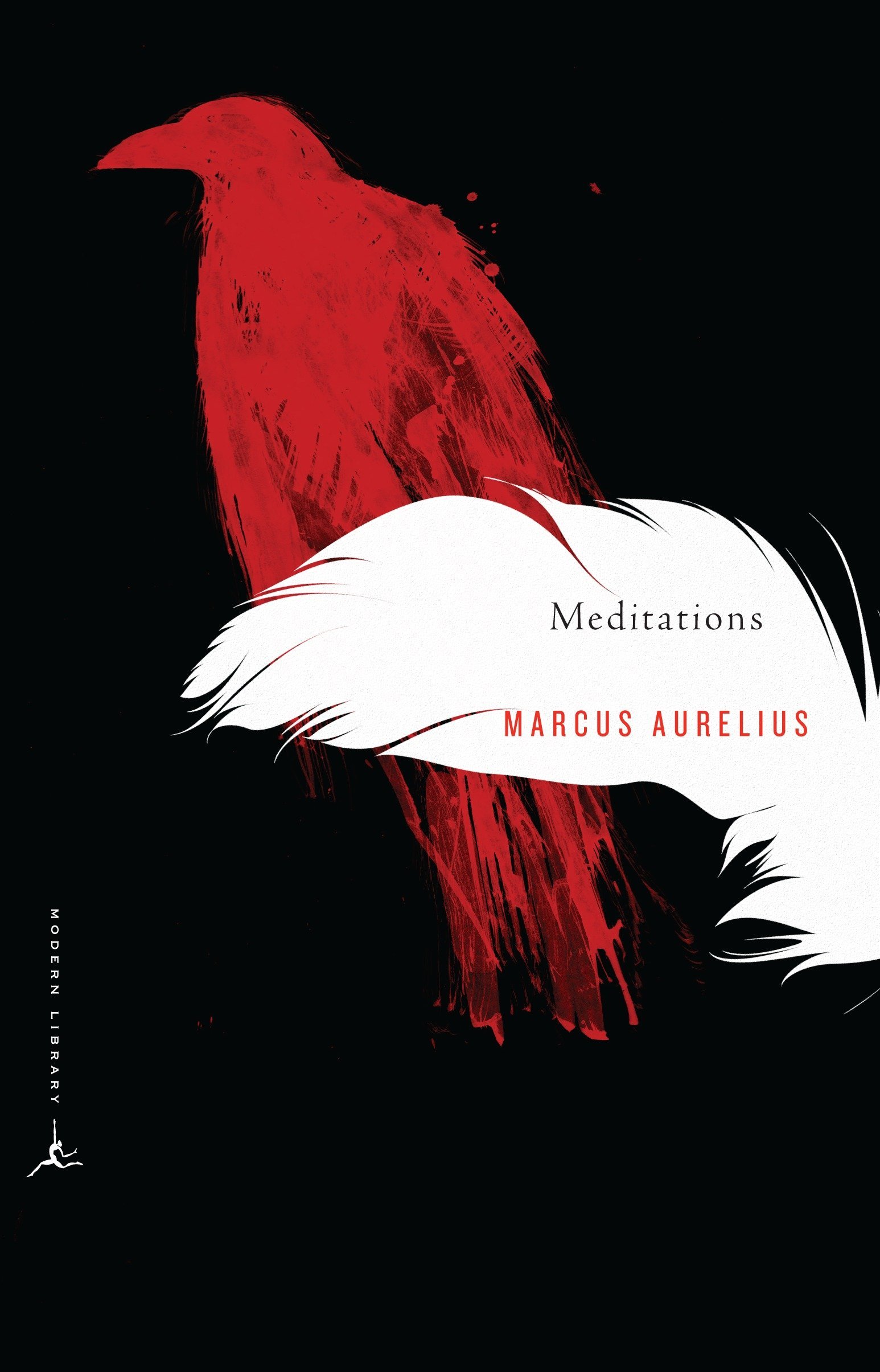Nathan John Cooper reviewed Meditations by Marcus Aurelius
A Little Dense
2 stars
I'm well aware that books this old are going to be a little dense but I think the combination of this translation specifically and the medium of audiobooks doesn't combine well. It leaves you with a book that is too dense and continues at a pace that does not linger on words nor allow for any reflection of their meaning. I will make sure to return to Meditations again in the future but I may have to try another translation/version... I've heard the Penguin Classics one is rather good. That being said, for a free audiobook from Audible, this wasn't too bad at all and I'm always happy to receive a free read/listen.
I'm well aware that books this old are going to be a little dense but I think the combination of this translation specifically and the medium of audiobooks doesn't combine well. It leaves you with a book that is too dense and continues at a pace that does not linger on words nor allow for any reflection of their meaning. I will make sure to return to Meditations again in the future but I may have to try another translation/version... I've heard the Penguin Classics one is rather good. That being said, for a free audiobook from Audible, this wasn't too bad at all and I'm always happy to receive a free read/listen.


